
Support 10,500 large business households to convert into enterprises
Regarding economic growth and industrial production, Vice Chairman of the City People's Committee Truong Viet Dung said that in the last 6 months of 2025, Hanoi will continue to support processing and manufacturing enterprises through a preferential credit package with interest rates from 3.9-4%, focusing on machinery, non-metallic minerals, motor vehicles, striving for an Industrial Production Index (IIP) of 7%. At the same time, Hanoi will organize international seminars connecting global supply chains in the fourth quarter, attracting large enterprises from the US, Japan, Korea, etc.
The city continues to implement action programs, paying attention to supporting about 80-100 key industrial enterprises to apply 4.0 technology; supporting about 200 export enterprises to connect with potential markets in the US and EU through e-commerce platforms, expected to increase export turnover by about 1 billion USD.
Regarding support for businesses and business households, Hanoi strives to reduce the dissolution rate to below 30% and the suspension rate to below 15%. The city has implemented preferential credit support packages, exempted business registration fees for new business households for 2 years, deferred value-added tax (VAT) for 6 months for small businesses; supported 10,500 large business households to convert into enterprises according to the Government's Decree, and reduced corporate income tax by 50%.
At the same time, Hanoi will strengthen control over counterfeit, fake and poor quality goods, deploy QR codes to trace the origin of 80% of products (in the third quarter and early fourth quarter of 2025). The city will organize 3 seminars with businesses in the third and fourth quarters of 2025, connecting about 50-80 potential businesses with international banks and investment funds.
The city will accelerate 282 public investment projects, including 85 transport projects (VND 22.9 trillion), and resolve site clearance for 90% of projects by 2025. In particular, digitize 100% of land data by 2025, complete a shared database for communes according to Digital Government Architecture 3.0. The city will continue to complete land inventory and land use status maps for 100% of land plots in the fourth quarter of 2025.
Construction of Tran Hung Dao, Ngoc Hoi and Van Phuc bridges started on September 2nd
Vice Chairman of the City People's Committee Truong Viet Dung said that in the remaining time of 2025, Hanoi will accelerate traffic projects, starting construction of the bridges: Tran Hung Dao, Ngoc Hoi, Van Phuc on September 2 and Thuong Cat bridge on October 10, increasing the disbursement of Ring Road 4 to 50% of the plan in the fourth quarter of 2025.
The city will implement the 2025 Flood Control Plan, install 50 automatic pumping stations in the inner city area, handle violations of urban order; review and locally adjust zoning plans and underground space plans in the inner city area to ensure overall compliance with the urban railway development project.
Hanoi will increase waste treatment capacity to 8,000 tons/day, meeting 90% of demand, complete phase 2 of the Soc Son Waste-to-Energy Plant; accelerate the Viet Hung and Nam An Khanh wastewater treatment projects, and reduce 50% of inner-city river pollution (COD index down to 25 milligrams/l) by 2025.
The city will implement waste classification at source for 80% of urban households (by 2026), support 50 craft villages to install wastewater treatment systems; have inter-regional coordination solutions through the Cau Bay - Bac Hung Hai River Pollution Control Plan, and sign agreements with Bac Ninh and Hung Yen.
Hanoi will support 50 start-up projects in Hoa Lac, attract 500 million USD in high-tech FDI in the fourth quarter of 2025; organize seminars connecting technology enterprises, universities, and research institutes; support 200 enterprises to apply 4.0 technology, and raise the local innovation index (PII) into the top 10 nationwide.
The city is determined to start construction of the Hanoi High-Tech Bio-Tech Park (199ha) on September 2, focusing on attracting biotechnology, AI and automation fields...; has a plan to coordinate with universities and academies to implement an in-depth AI training program for about 10,000 people (enterprises, students, officials, civil servants...).
Regarding the policy of supporting meals for boarding students, Vice Chairman of the City People's Committee Truong Viet Dung said that the City People's Committee has issued guidelines for implementing meals with a maximum level of 30,000 VND/student/day, ensuring a reasonable nutritional structure (30% protein, 50% starch, 20% fat). In the immediate future, this policy will be piloted at 23 primary schools in mountainous communes and the Red River delta area, with a mechanism for periodic inspection and supervision to ensure publicity, transparency and efficiency.

Lack of specialized staff in some localities
Regarding the allocation of cadres, civil servants, public employees and workers from the district level to communes and wards, Vice Chairman of the City People's Committee Truong Viet Dung affirmed that this work has been implemented in accordance with the order and direction of the Central Government.
The allocation of education sector officials has been completed and ensured the correct orientation of the Steering Committee for the arrangement of administrative units at all levels and the construction of a two-level organizational model. The team of teachers and staff working at kindergartens, primary schools, and secondary schools in the new communes and wards has been arranged stably, without disruption.
Since July 1, the city has instructed communes and wards to issue decisions to reorganize public service units, including the education sector, and has issued decisions on the work of school leaders and managers. The schools have been reissued new seals by the City Police, ensuring continuous operation. Up to now, enrollment for the 2025-2026 school year in the new areas has been carried out normally.
Regarding the allocation of medical staff and contract workers to work at commune health stations, before June 30, the People's Committees of districts and towns had transferred operating conditions from health centers to health stations. By July 1, the People's Committees of communes and wards issued decisions to establish health stations and appoint leadership positions. The city has issued decisions to mobilize civil servants and workers to work at health stations, ensuring that all activities of primary care, examination and treatment for people are maintained without interruption.
Regarding the arrangement of civil servants, public employees, and workers to work in specialized departments and public service units of the commune, the Vice Chairman of the City People's Committee said that this is done according to the principle of maintaining the current payroll status, allocating appropriately to job positions and training levels, and in the short term ensuring a stable and undisturbed organizational structure. In the long term, the City People's Committee will review and rearrange in a streamlined and efficient direction, based on the central payroll standards and current legal regulations.
“With the general principle of harmonious and reasonable arrangement, with the transfer of cadres from surplus units to deficient units, balancing the staffing and workload according to the local characteristics, the city will continue to closely direct, remove difficulties, and provide specific instructions so that the merged communes and wards can quickly operate stably and effectively, meeting the requirements and tasks in the new situation,” said the Vice Chairman of the City People's Committee.
The City People's Committee has transferred civil servants and public employees from the district level to the commune level according to the principle of balance and harmony, with priority given to supplementing personnel for communes with rapid urbanization. However, due to the limited human resources specialized in construction investment management at district-level project management boards, arranging enough professional staff for commune-level project management boards is still difficult.
To overcome this, the city has directed the mobilization of a number of civil servants with appropriate expertise to strengthen commune-level project management boards. In the coming time, when the two-level local government model operates stably and the central government's regulations are amended, Hanoi will consider approving autonomy projects for commune-level project management boards, ensuring that the organizational model and staffing are perfected, and that personnel are fully recruited according to job positions, meeting practical requirements.
According to the current organizational model, commune and ward levels have 3 specialized departments, including: Office; Department of Culture - Society; Department of Economy (for communes), or Department of Economy - Infrastructure - Urban (for wards). Each specialized department is responsible for an average of 5 specialized fields, while the allocated staff is still limited, leading to a shortage of specialized staff in some localities.
Vice Chairman of the City People's Committee Truong Viet Dung said that Hanoi has initially implemented a special process to receive civil servants, supplementing civil servants for the fields of education, culture and health. Up to now, more than 100 cases have been received and assigned to specialized departments at the commune and ward levels since July 1. At the same time, the city is continuing to review and balance resources between the Party, Fatherland Front and government blocs to mobilize appropriately; studying plans to increase personnel from specialized departments and branches to support the grassroots, especially in areas lacking staff.
Source: https://hanoimoi.vn/ha-noi-khoi-cong-loat-cau-lon-dip-quoc-khanh-so-hoa-100-du-lieu-dat-dai-708537.html



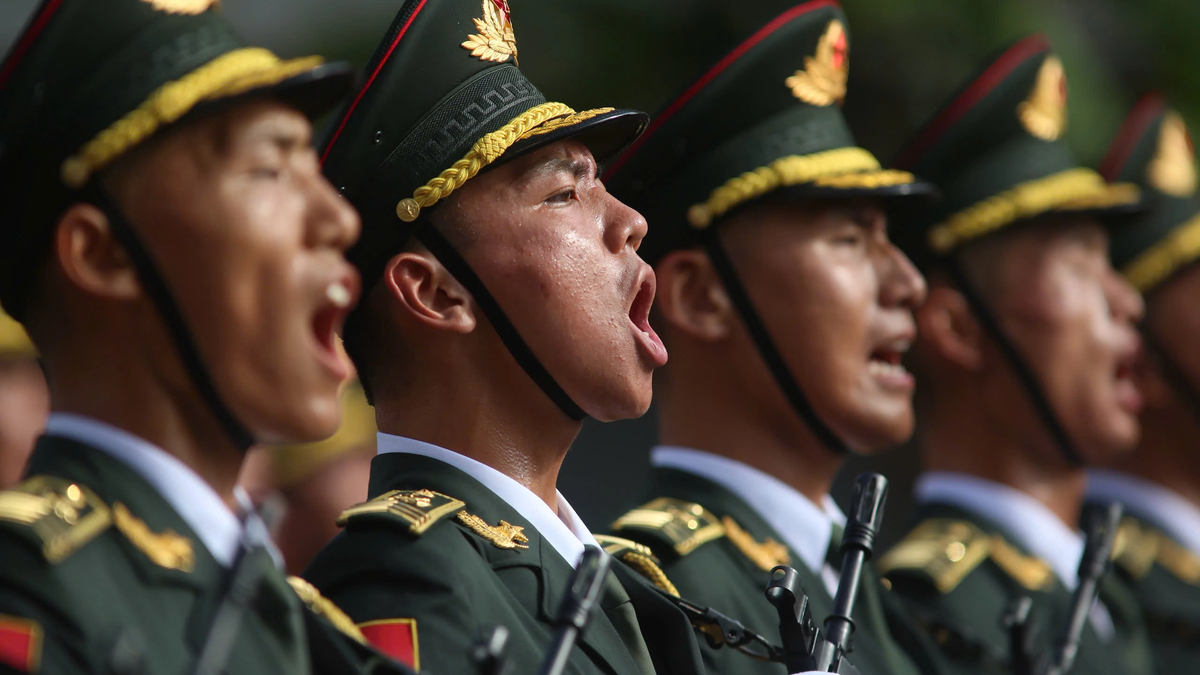

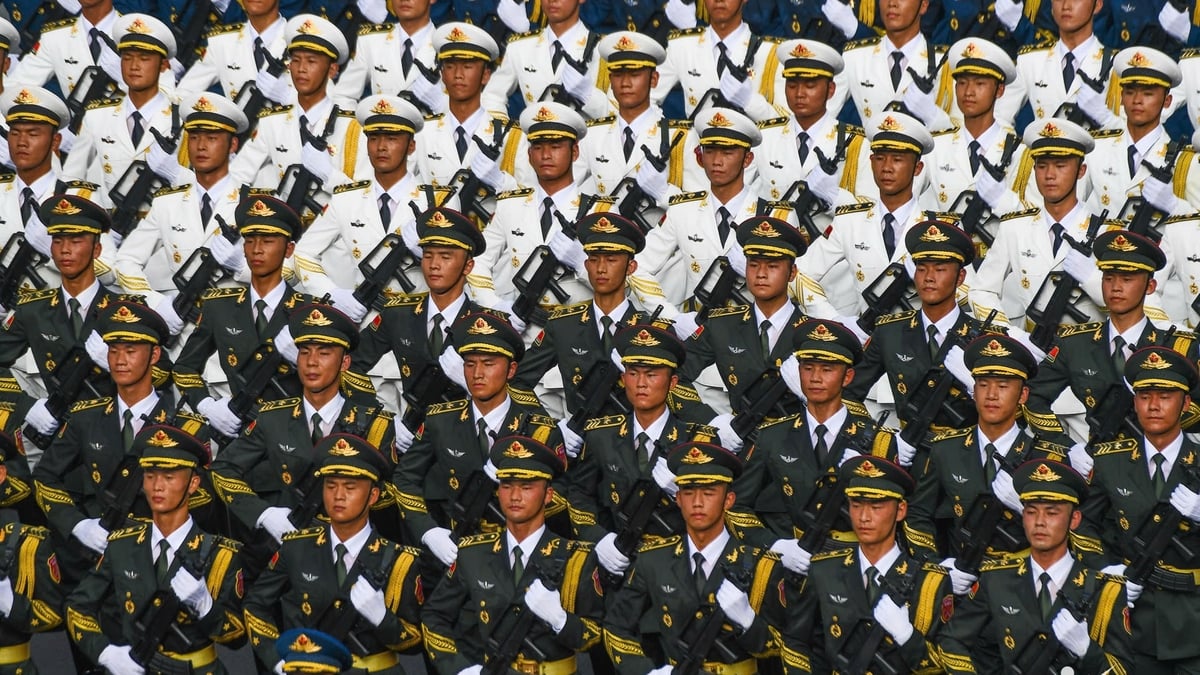
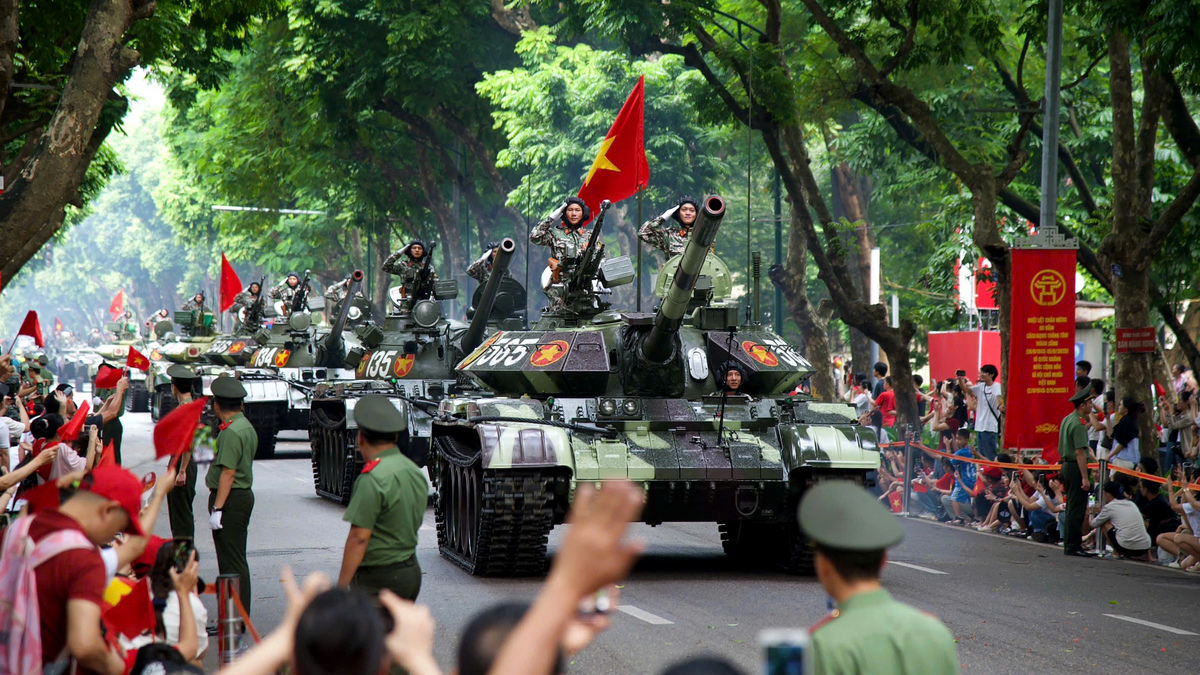


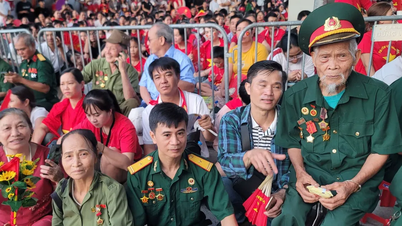

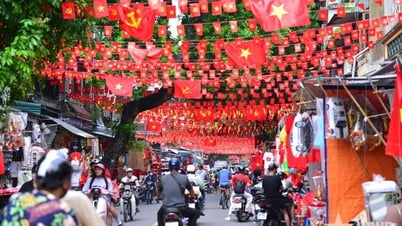

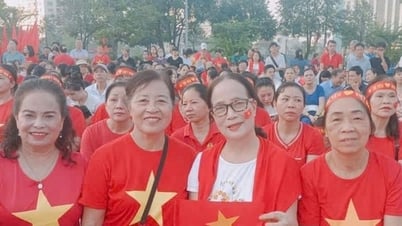
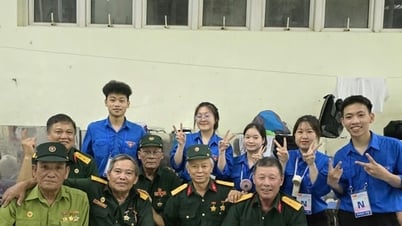
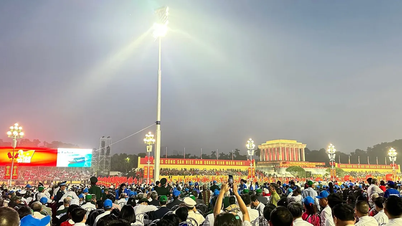


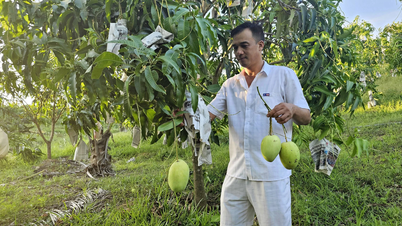







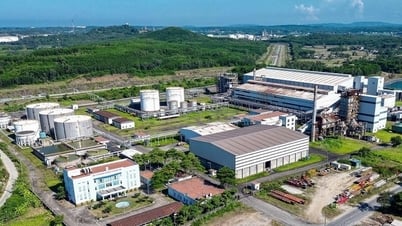


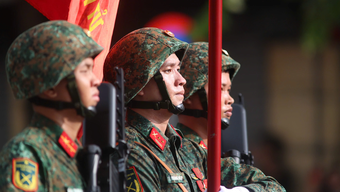






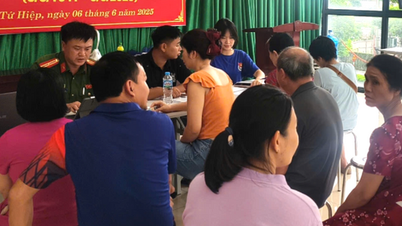

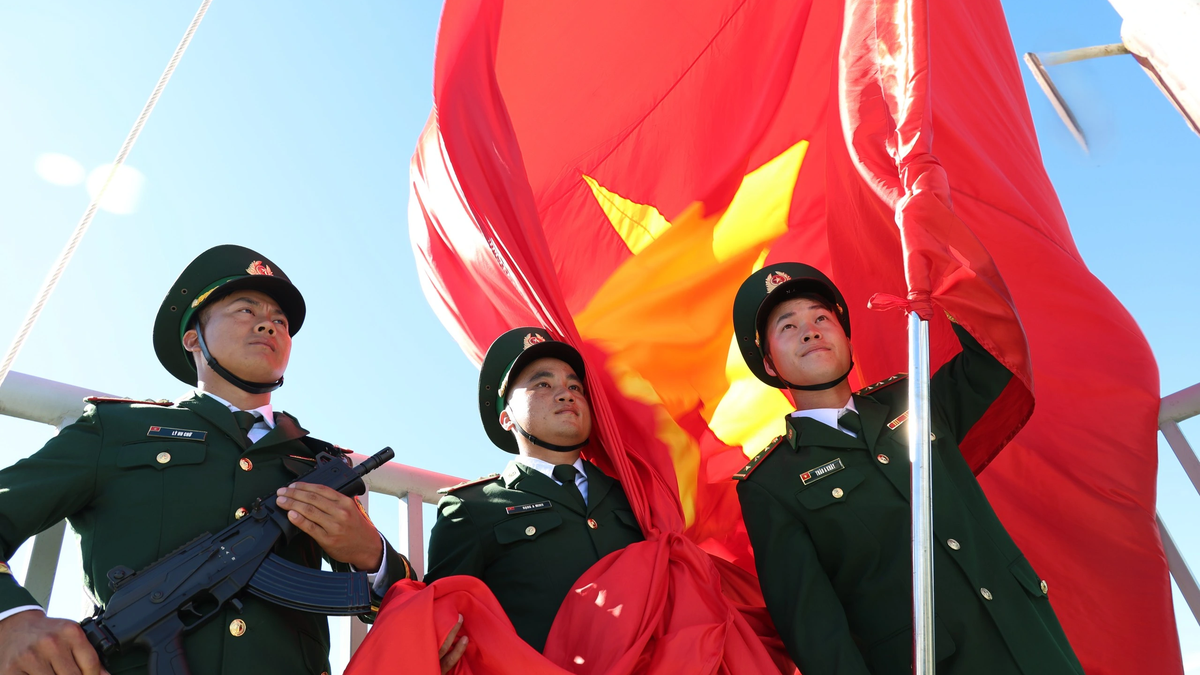








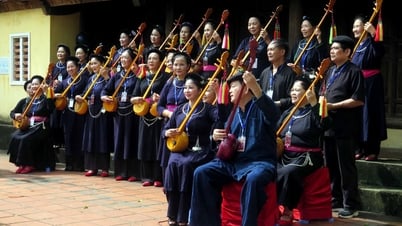

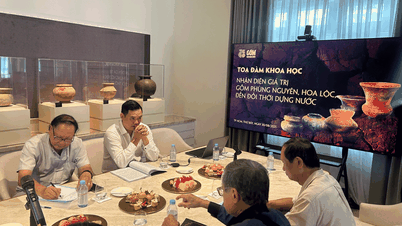



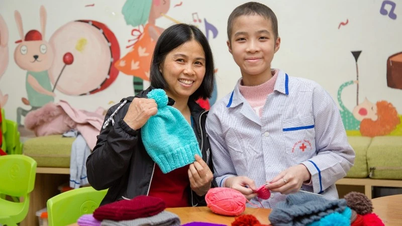




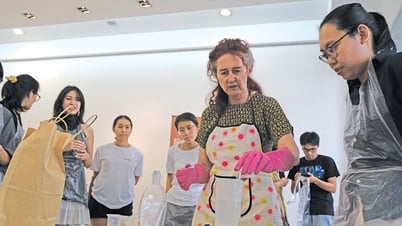

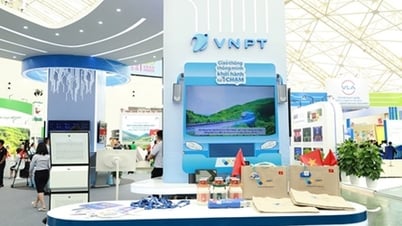





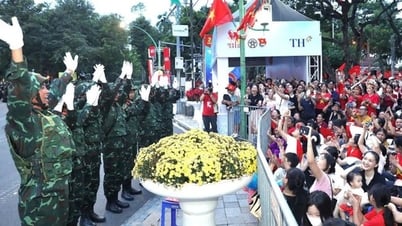
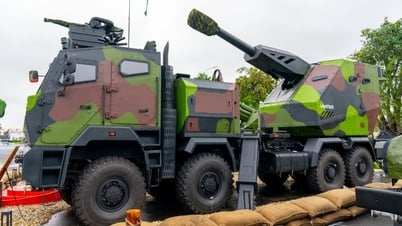



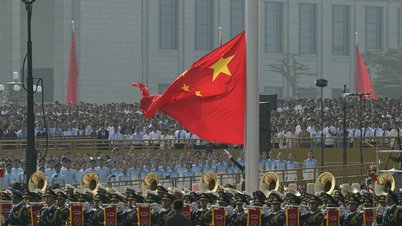
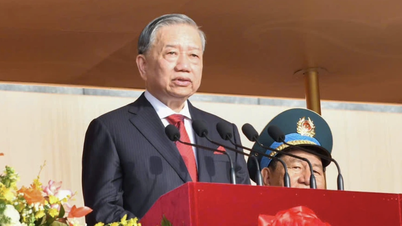




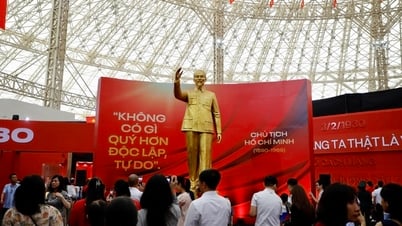

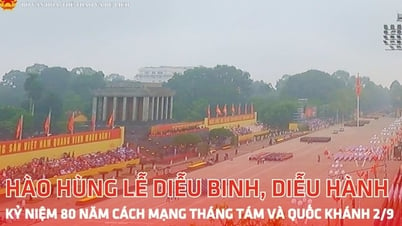
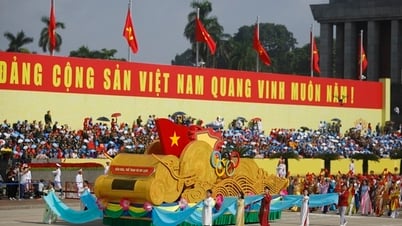

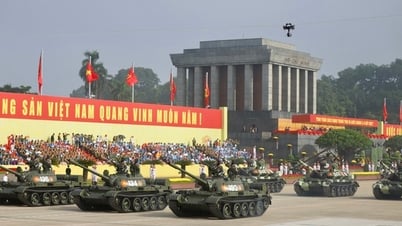
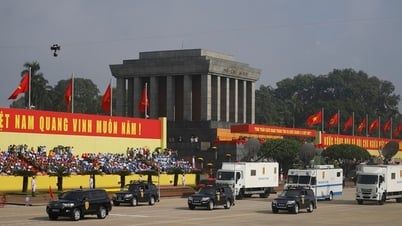
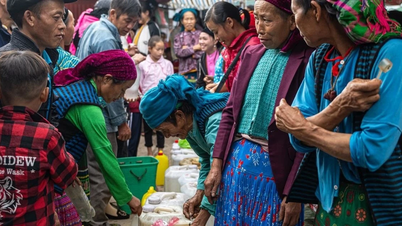

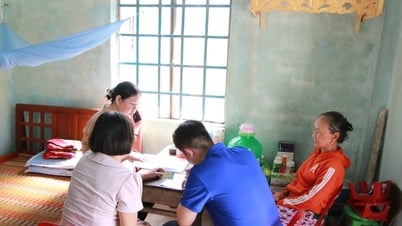


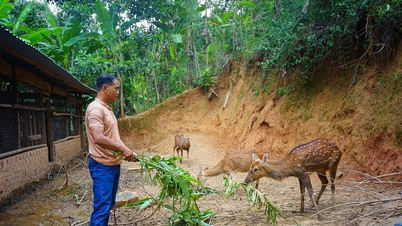
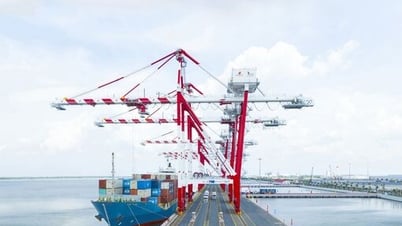

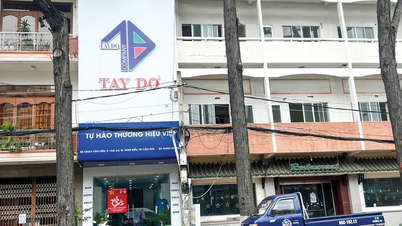

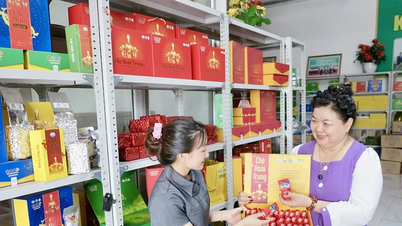

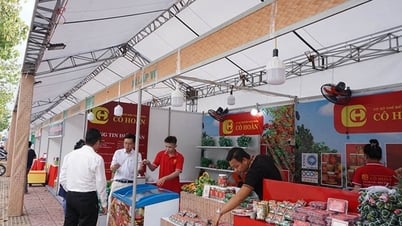


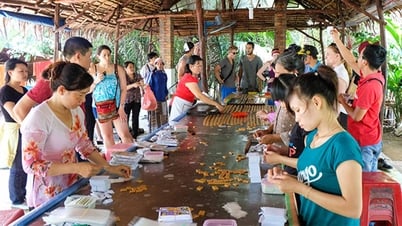


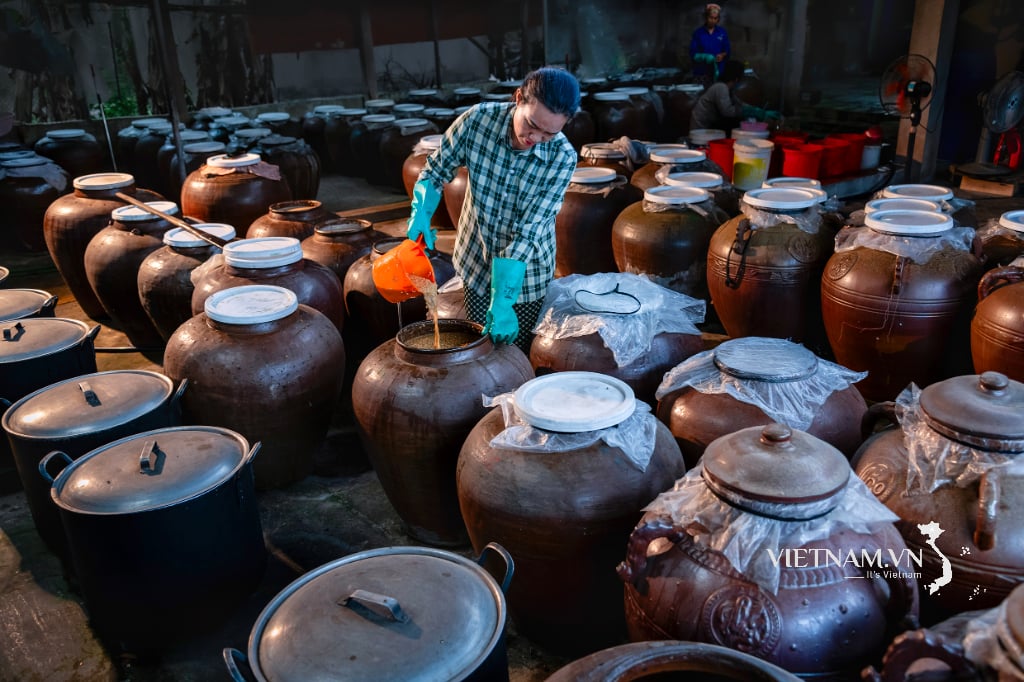
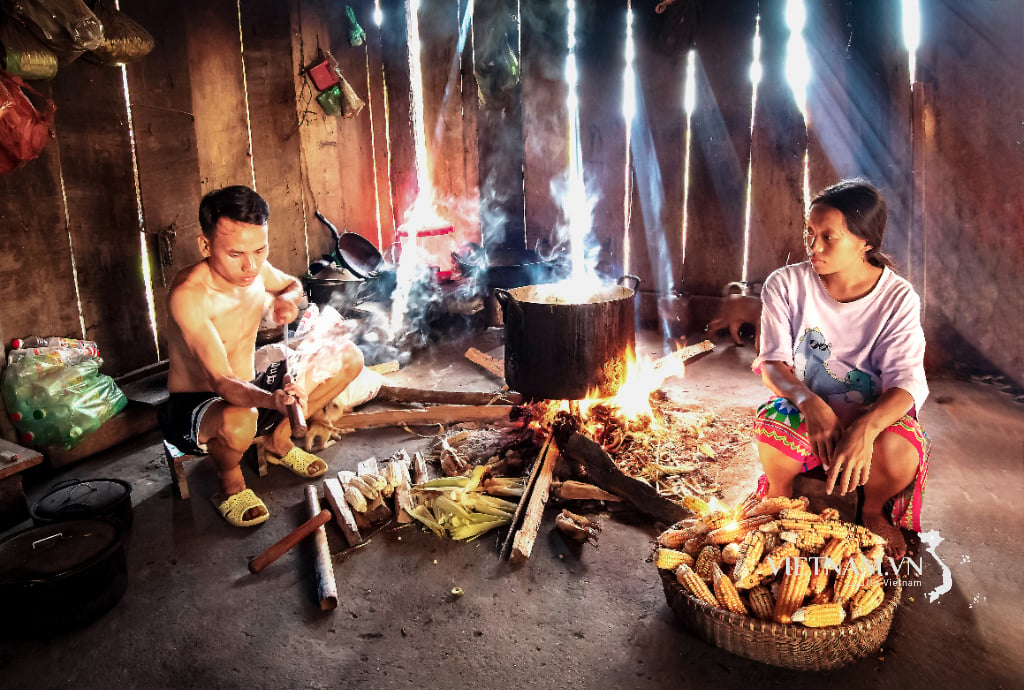
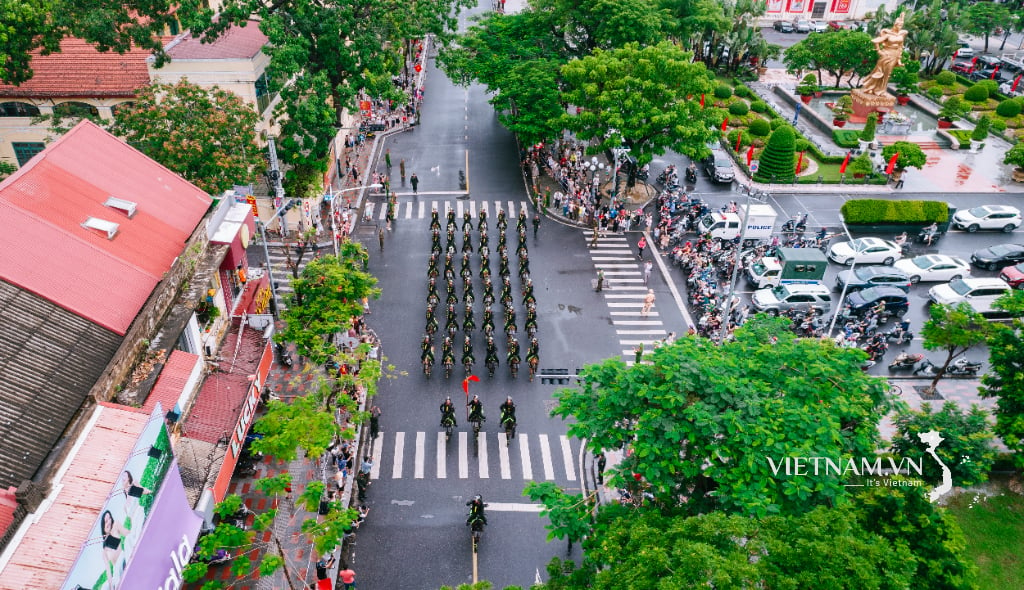
Comment (0)